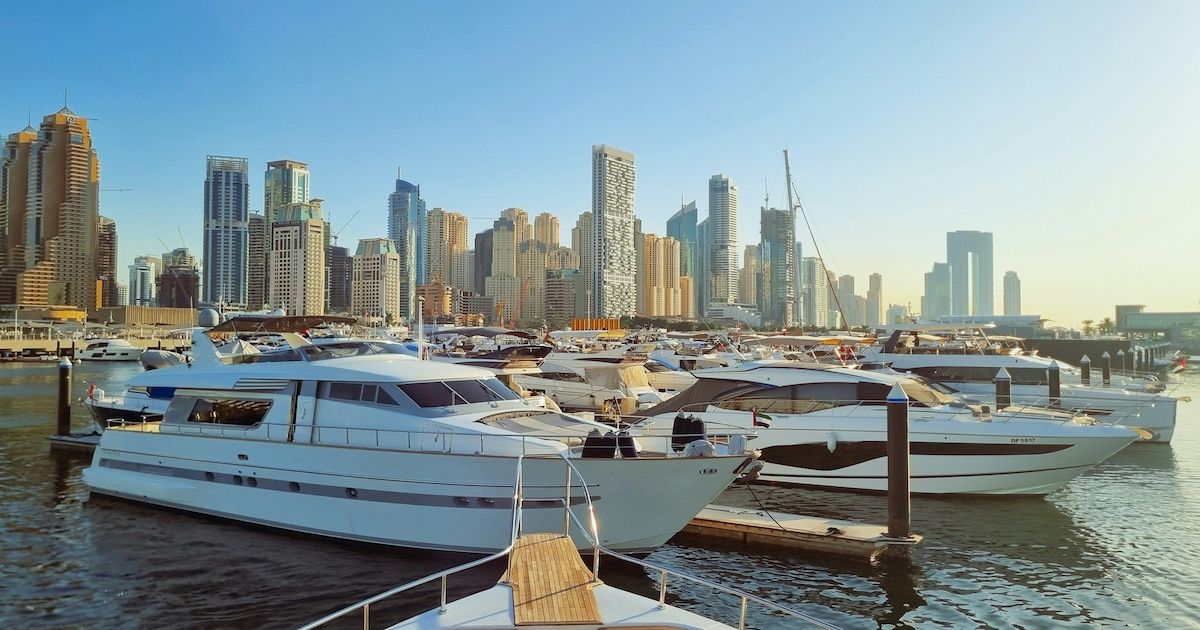
 Yachting
YachtingTips, insights, and inspiration for yacht owners and enthusiasts.
How to Buy a Boat: Beginner’s Guide to Ownership
Posted in Yachting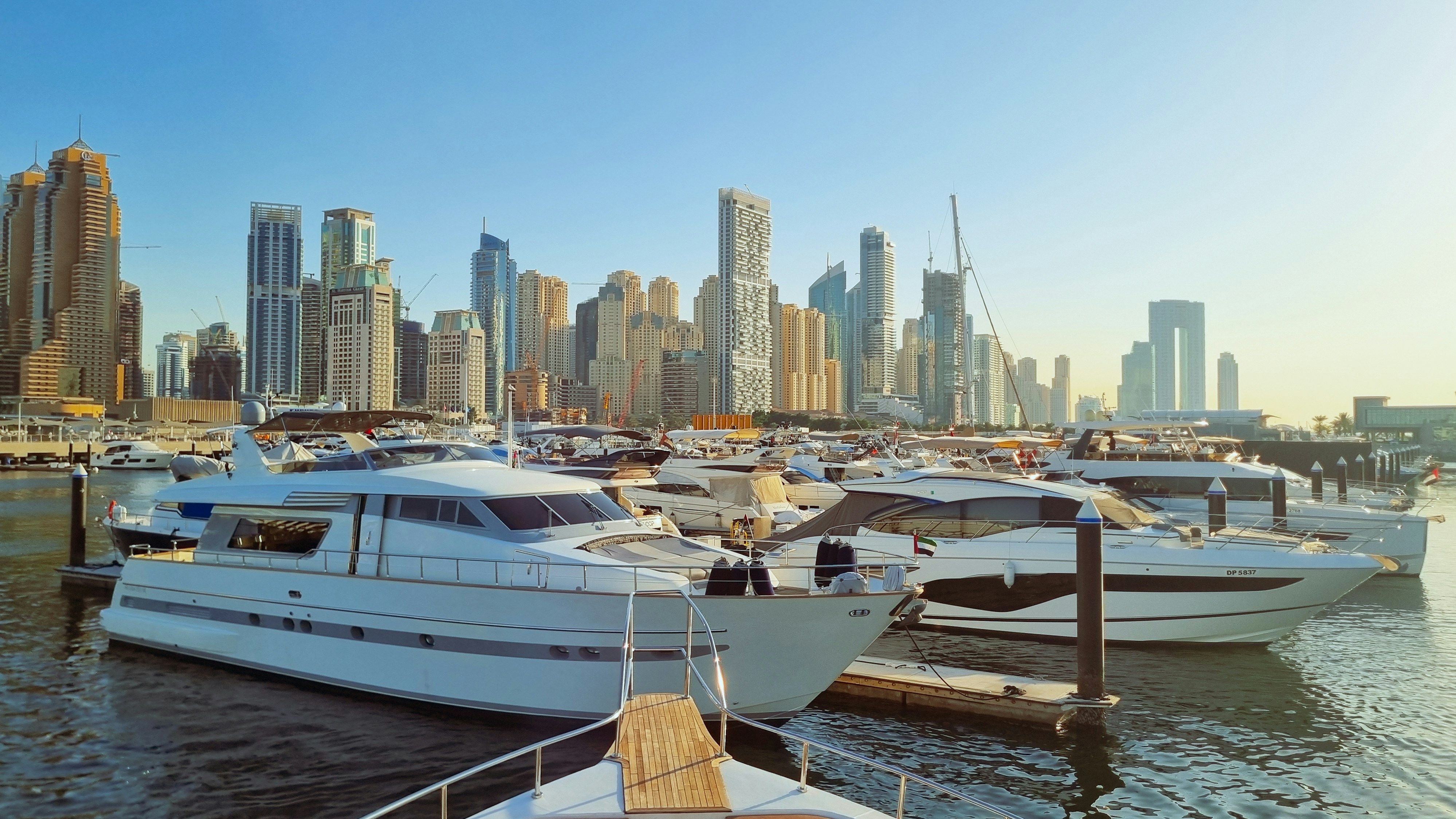
Can you just buy a boat? Yes — you absolutely can. While there are important steps involved, like documentation, insurance, and inspections, buying a boat is more straightforward than many people think. If you've ever dreamed of spending your weekends on the water, now might be the right time to make that dream a reality.
Picture this: it’s a sunny afternoon, you’re walking along a marina with your family, and you spot a boat for sale. It’s the right size, has the perfect look, and gives you that unmistakable feeling of this is it. And maybe — just maybe — you decide to go for it. The details can follow.
This guide is here to help you turn that spontaneous idea into a responsible and rewarding purchase. Whether you're buying a small family boat or a cruising yacht, understanding the basic steps can make the process smooth and exciting — not overwhelming.
What Does Buying a Boat Involve?
While the exact process can vary by country and boat type, these are the core steps most buyers will go through:
- Check ownership documents and legal status
- Register the boat in your name
- Hire a marine surveyor for an inspection
- Arrange insurance
- Secure a marina berth or mooring
- Review included equipment and safety gear
- Take a training course if needed
Let’s explore each step in more detail.
Documentation and Legal Ownership
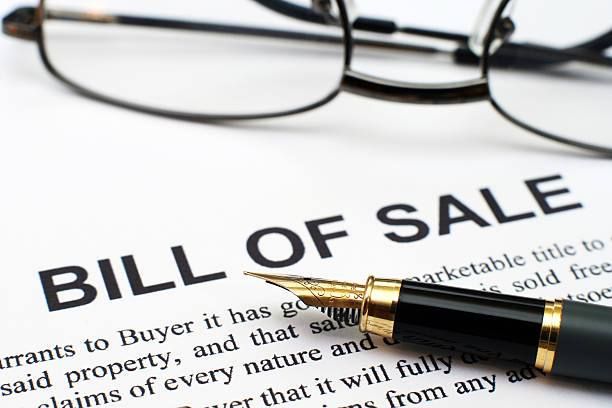
Before signing anything or transferring money, ensure that the boat is legally registered and being sold by its rightful owner. This is not just due diligence — it's your legal protection.
What to ask for:
-
Bill of Sale This is a signed document between seller and buyer that includes details about the boat (such as make, model, and hull ID) and the final purchase price. Ideally, you should ask for all previous Bills of Sale to verify the boat’s history and ownership chain.
-
Boat Registration Certificate This proves who legally owns the boat. You’ll need the original certificate to register the vessel in your name.
-
Current Insurance Policy Not mandatory, but useful for learning about the vessel’s insured value, any past claims, and the general level of maintenance.
-
Inventory List This is a detailed list of all items included in the sale: electronics, safety equipment, accessories, dinghies, and spare parts. Having this list upfront ensures there are no surprises after you close the deal.
Registering the Boat in Your Name
Once the documents are verified, the next step is to register the boat in your name. The exact process depends on your location:
- In the UK: Boats can be registered under the Small Ships Register (SSR) with the Maritime and Coastguard Agency (MCA).
- In the USA: Recreational boats are typically registered at the state level. Commercial vessels, or larger yachts, may be registered with the U.S. Coast Guard.
⚠️ No documentation = no deal. Never proceed with a purchase if original ownership papers are missing.
Registration Fees
Registration often comes with administrative fees based on the vessel size and type of registry. These must be paid to finalize the process. It's wise to check ahead with local authorities to avoid delays.
Equipment Registration
Some equipment onboard — such as a VHF/DSC marine radio — also requires separate licensing:
- UK: Radio licenses are managed by Ofcom, and vessel details must be registered with the Ship Radio Licence system.
- USA: VHF radios are licensed through the FCC (Federal Communications Commission). If the boat is equipped with a digital selective calling system (DSC), it also needs a MMSI number.
Marine Survey: Why It’s Essential
If you're buying a pre-owned boat, hiring an independent marine surveyor is one of the most important decisions you’ll make.
A professional surveyor performs a detailed inspection of:
- Hull and structural integrity
- Electrical and plumbing systems
- Engine and propulsion systems
- Safety equipment
- General condition and market value
You’ll receive a written report with findings, which can be used to renegotiate the price, request repairs, or simply walk away from a bad deal. A good survey helps protect you from costly surprises — especially if you’re not yet experienced with boat mechanics.
Insurance: Protecting Your Investment
Whether required by law or not, yacht insurance is a smart move. It safeguards your investment and protects you from financial loss in the event of damage, theft, accidents, or third-party claims.
Do You Need Insurance?
- In many countries, insurance isn’t legally mandatory for private boat owners.
- However, most marinas require proof of insurance before offering berthing.
- If you plan to travel internationally or charter your boat, insurance is often non-negotiable.
At a minimum, you should have third-party liability insurance, which covers damage to others and their property. For more comprehensive protection, consider an all-risk policy that covers your boat against fire, sinking, vandalism, and more.
What Affects Insurance Cost?
- The boat’s value and age
- Where it will be stored (marina, mooring, trailer)
- Navigational limits (inland, coastal, offshore)
- Your experience as an owner or skipper
- Type and condition of equipment onboard
Shopping around and comparing quotes is key — and it’s worth asking about discounts for completed training courses or safety certifications.
Mooring: Where Will Your Boat Live?
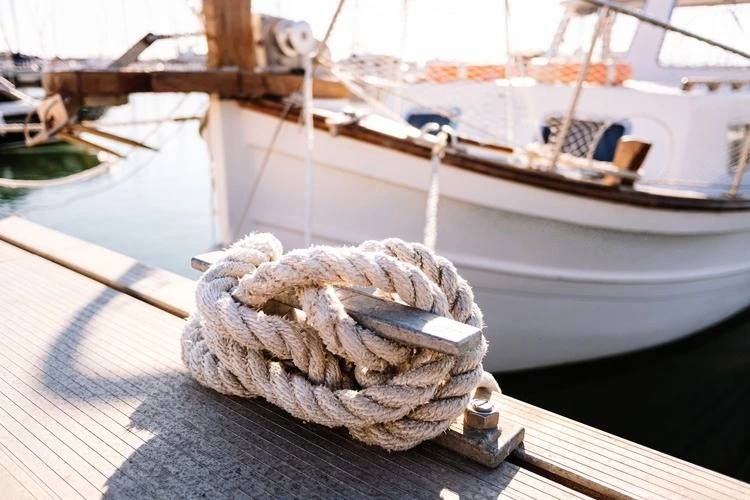
The moment you buy your boat, you’ll need a place to keep it. If the sale includes a berth at a marina, that’s ideal — but that’s not always the case.
If a Berth Is Included
Sometimes, the seller transfers the lease or mooring agreement to the buyer as part of the sale. This is the simplest and most convenient option. Be sure to:
- Confirm all terms with the marina office
- Ask about transfer fees or paperwork
- Understand the length of the lease and monthly costs
If No Berth Is Included
You’ll need to find a marina or mooring space yourself. This may seem like an extra step, but it’s also an opportunity to choose a location that suits your lifestyle — closer to home, with better scenery, or near your favorite fishing grounds.
Choosing a Marina: Key Considerations
- Water depth at berth (check your boat’s draft)
- Security and surveillance
- Availability of power, water, fuel dock
- Nearby repair facilities
- Parking and public access
- Seasonal or annual pricing options
Some marinas also offer dry storage for smaller boats, which can reduce costs and simplify maintenance in off-season months.
Equipment and Safety
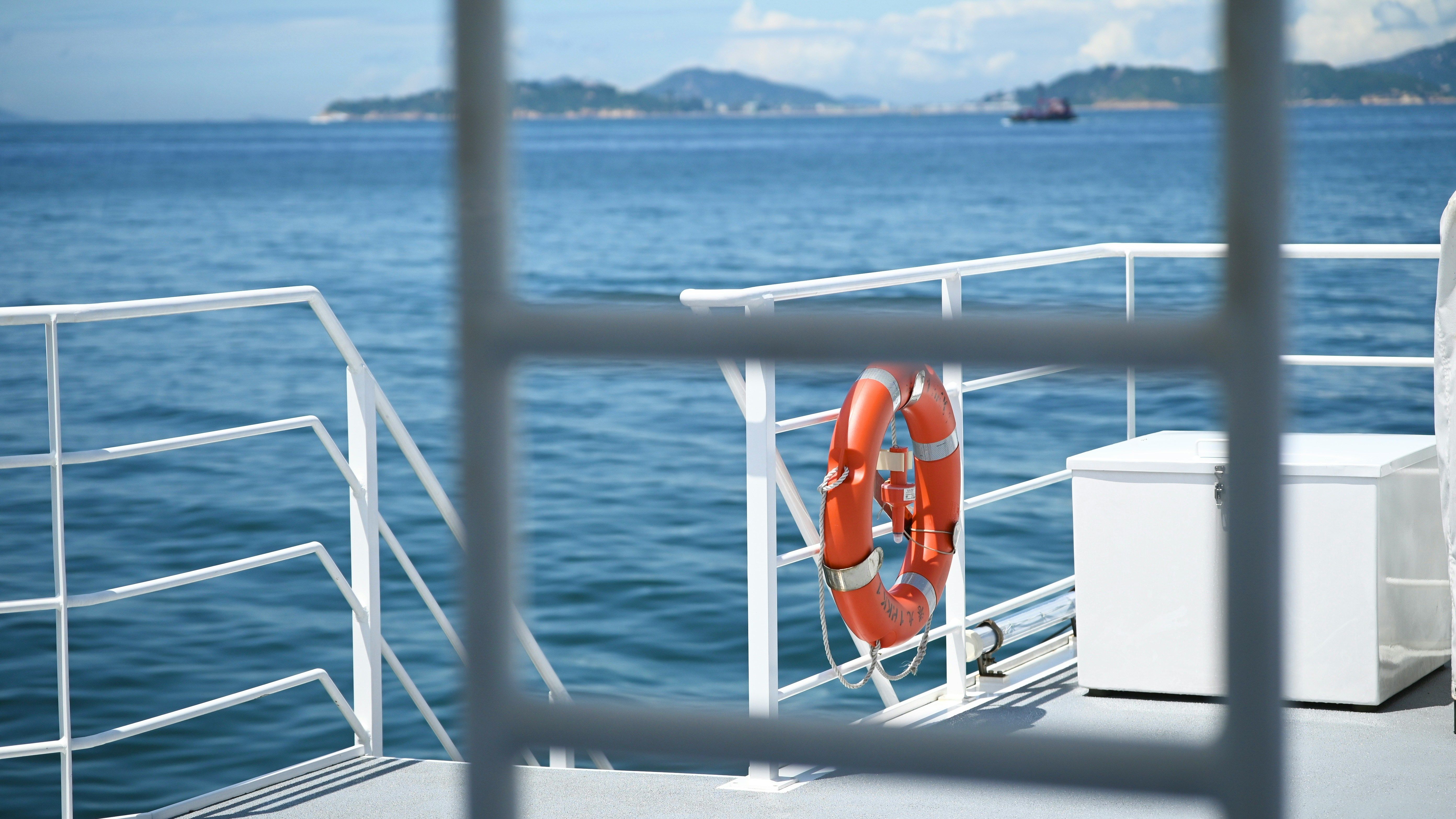
When buying a used boat, it’s essential to review what safety and operational equipment is included. While laws vary by region, most countries have minimum safety requirements depending on the size of the vessel.
Basic Equipment to Look For
- Personal flotation devices (PFDs) — one per person
- Throwable flotation device — such as a life ring
- Sound signaling device — horn or whistle
- Navigation lights — required after dark
- Fire extinguisher
- First aid kit
- Manual or electric bilge pump
- Anchor and line
Regulations in the US
- Boats over 16 feet must have approved PFDs and a throwable device.
- Vessels over 23 feet must include a fire extinguisher.
- All boats require a sound-producing device and lights if used at night.
Regulations in the UK
- Similar to US standards, with added emphasis on bilge pumping systems.
- Boats venturing more than one nautical mile offshore should carry a VHF radio.
- For vessels over 10 meters or cruising offshore, life rafts are strongly recommended.
Inventory List
Ask the seller for a written list of included items. This ensures transparency — especially for higher-value equipment like:
- GPS and chartplotters
- VHF or AIS systems
- Life raft or emergency beacon
- Tools, spare parts, and sails (if applicable)
Well-prepared sellers often include safety gear if they’re upgrading to a larger vessel, but you should never assume — always confirm.
Training: Build Confidence and Skills
You don’t need to be a seasoned sailor to own a boat — but a bit of training goes a long way. Whether you're new to the water or just upgrading to a larger vessel, learning proper handling techniques ensures a safer and more enjoyable experience.
Why Training Matters
- Improve safety for yourself and your passengers
- Learn to dock, anchor, and navigate with confidence
- Prevent collisions and damage
- Understand how to respond to emergencies
- Increase insurability and lower premium costs
Many insurers and marinas require a certificate of competence or basic training proof. Even if they don’t, completing a course is highly recommended — especially if you’re handling the boat on your own.
Popular Training Options
- RYA (UK): Offers structured courses like Day Skipper and Yachtmaster
- US Powerboating & US Sailing (USA): Provide beginner and advanced hands-on instruction
- Private Tuition: Learn directly on your own boat with an instructor
- VHF Radio Courses: Learn how to operate marine communication equipment safely and legally
Training is not just about meeting legal or insurance requirements — it enhances your confidence and deepens your enjoyment of boating.
Bon Voyage: You're Ready to Set Sail
You did it — you’re a boat owner. Whether it was a long-planned purchase or a spontaneous decision, the adventure is now yours to shape.
With your documentation in order, equipment checked, training completed, and a berth secured, there’s only one thing left to do: cast off and explore.
Boating is more than a hobby — it’s freedom, exploration, and connection with nature. With every mile you travel, you’ll build knowledge, stories, and memories that last a lifetime.

Learn more on the “Yachting”
To learn more on the “Yachting” or to get advice on how to buy or sell a yacht or get a great price for a yacht charter
please call +1 (954) 274-4435 USAOnly deal with professionals!


